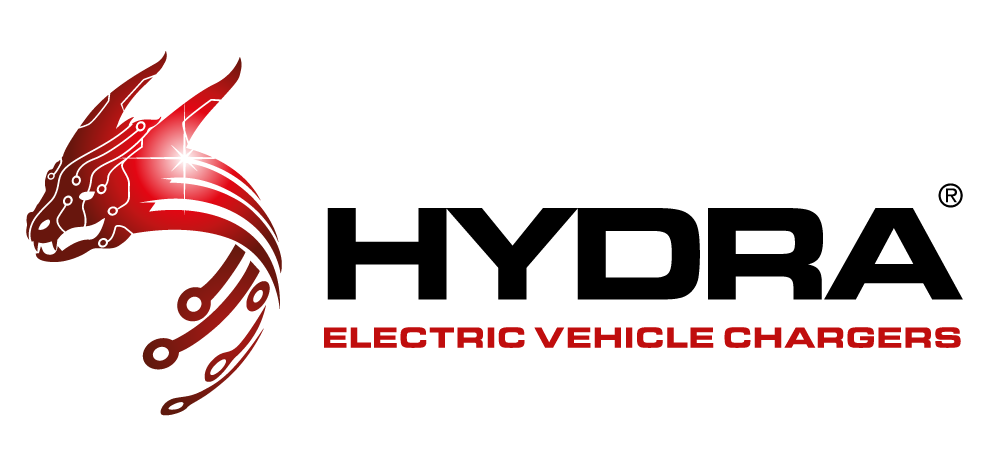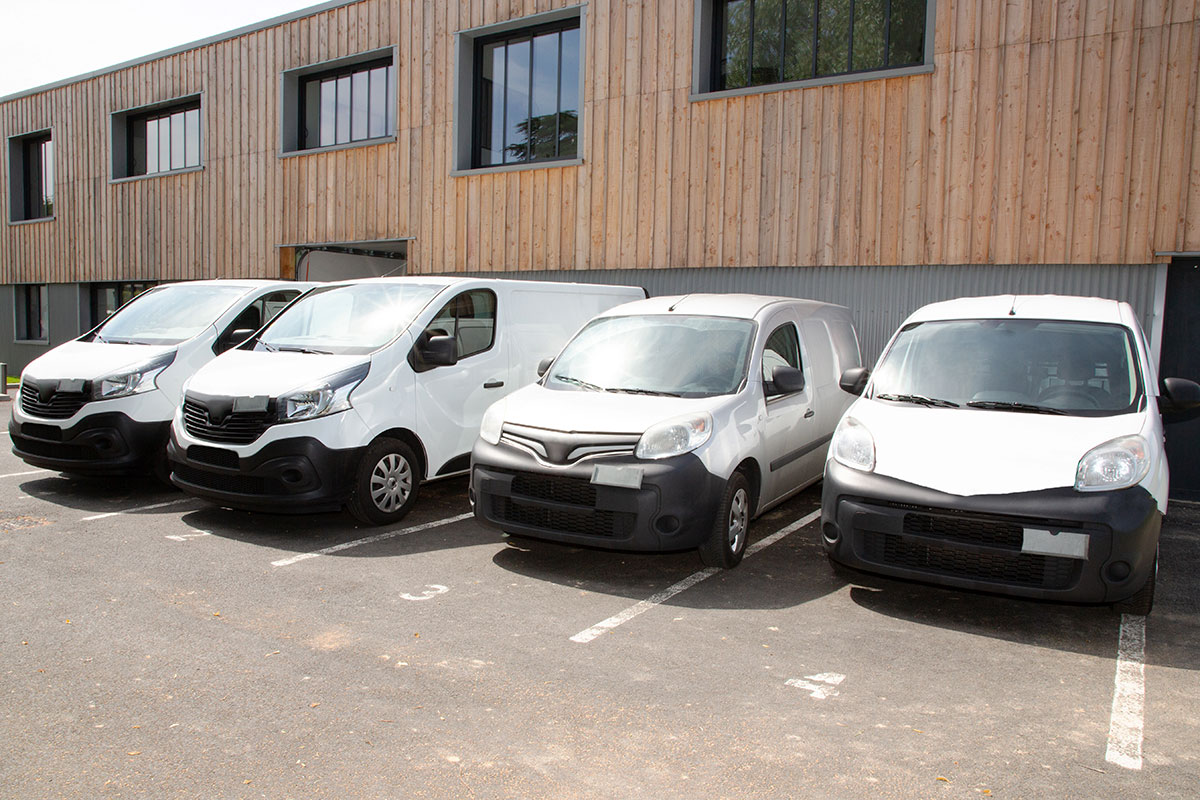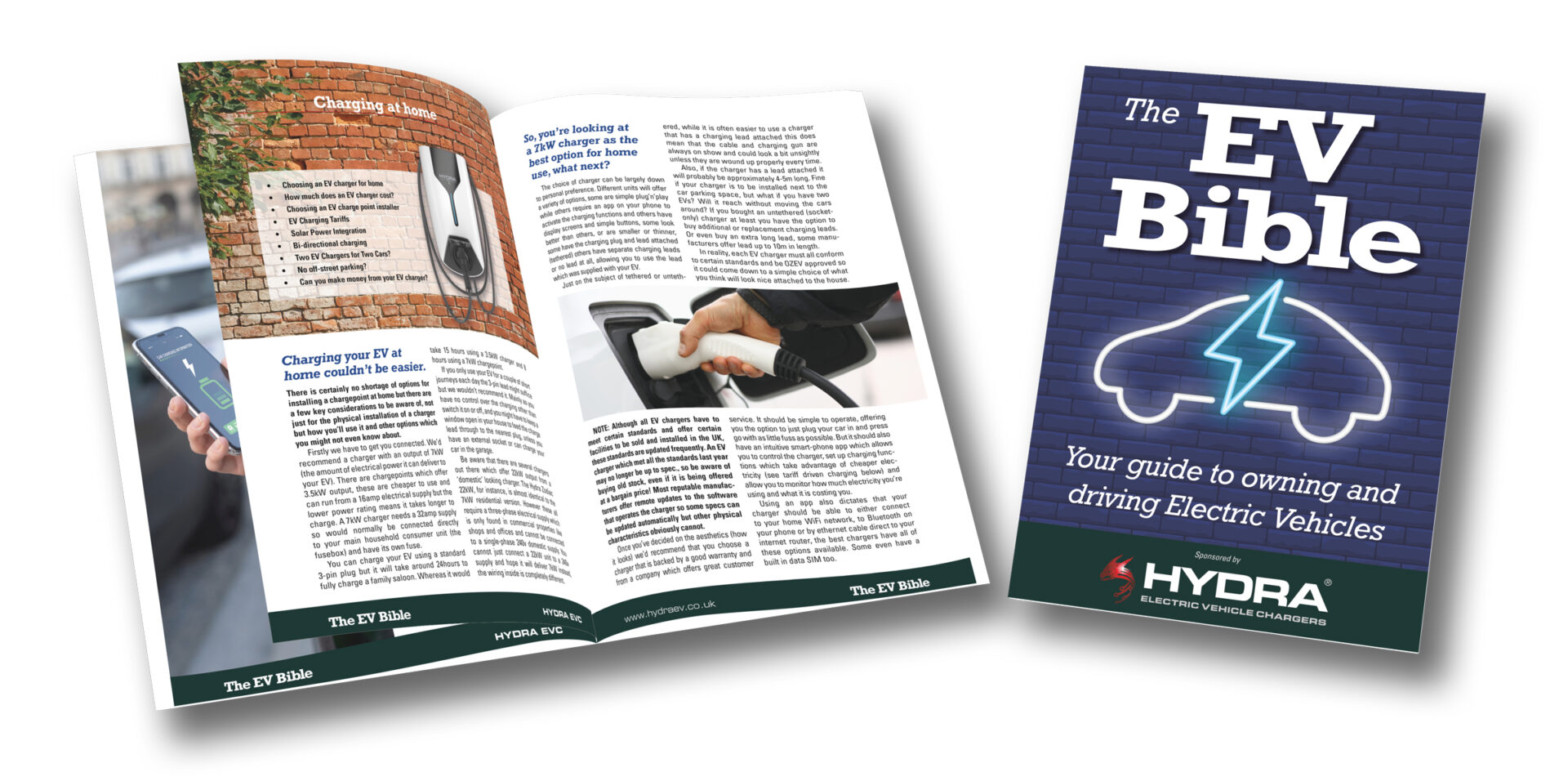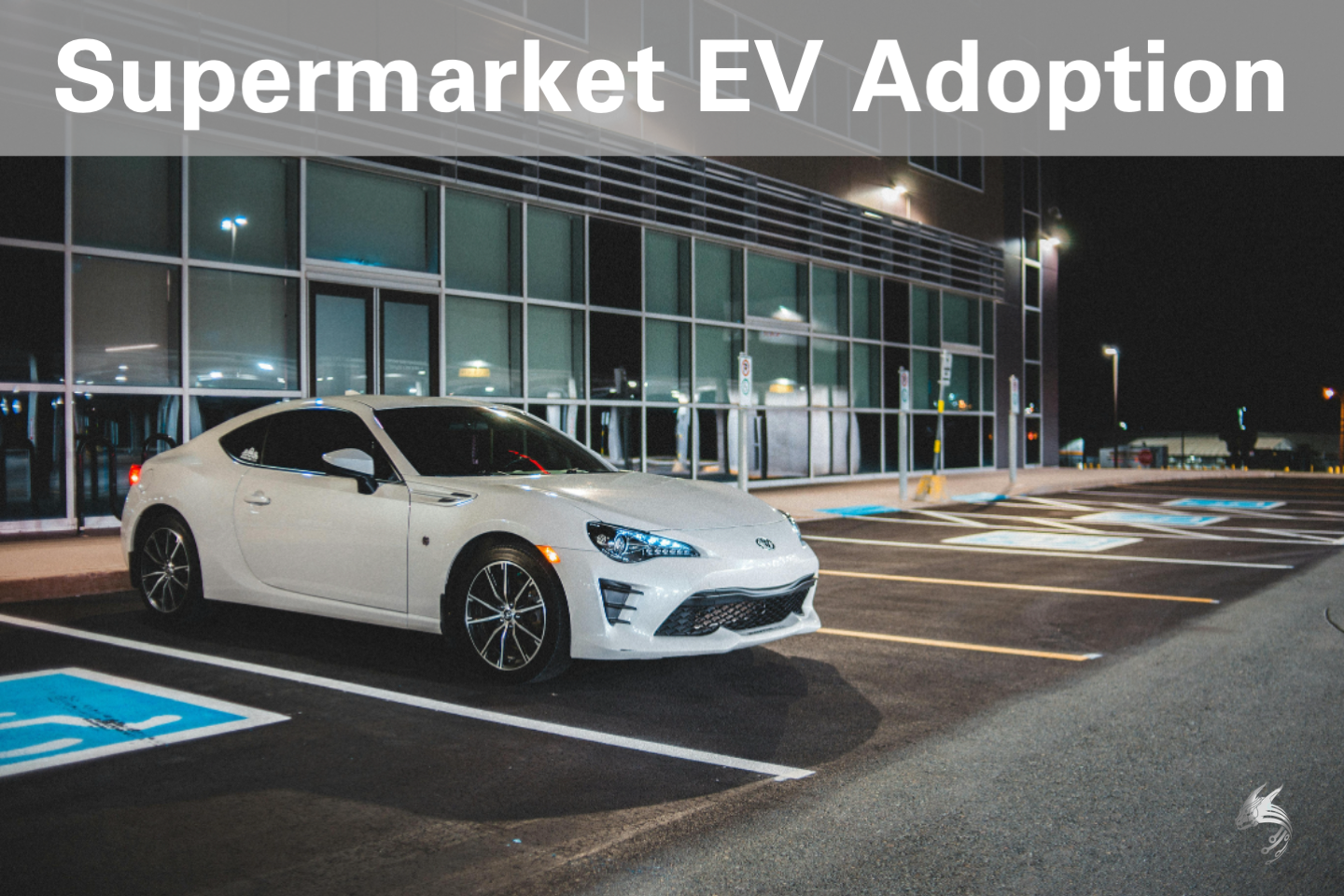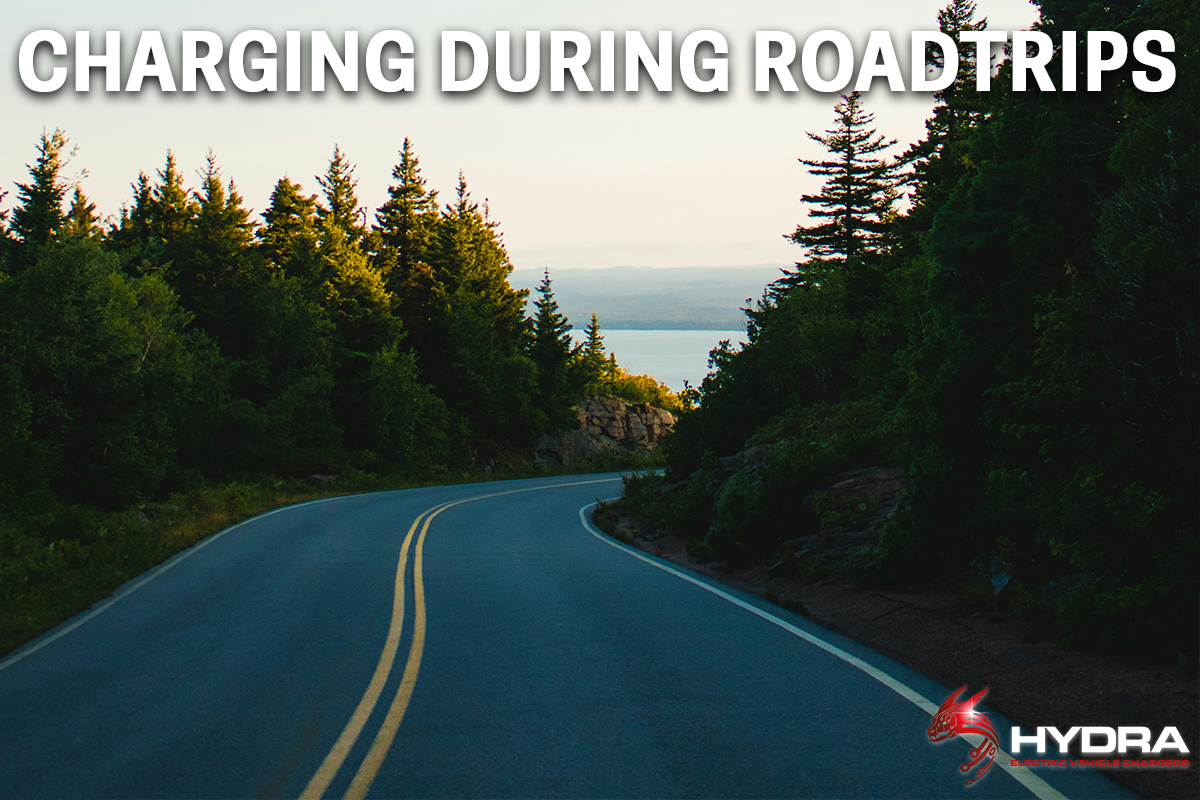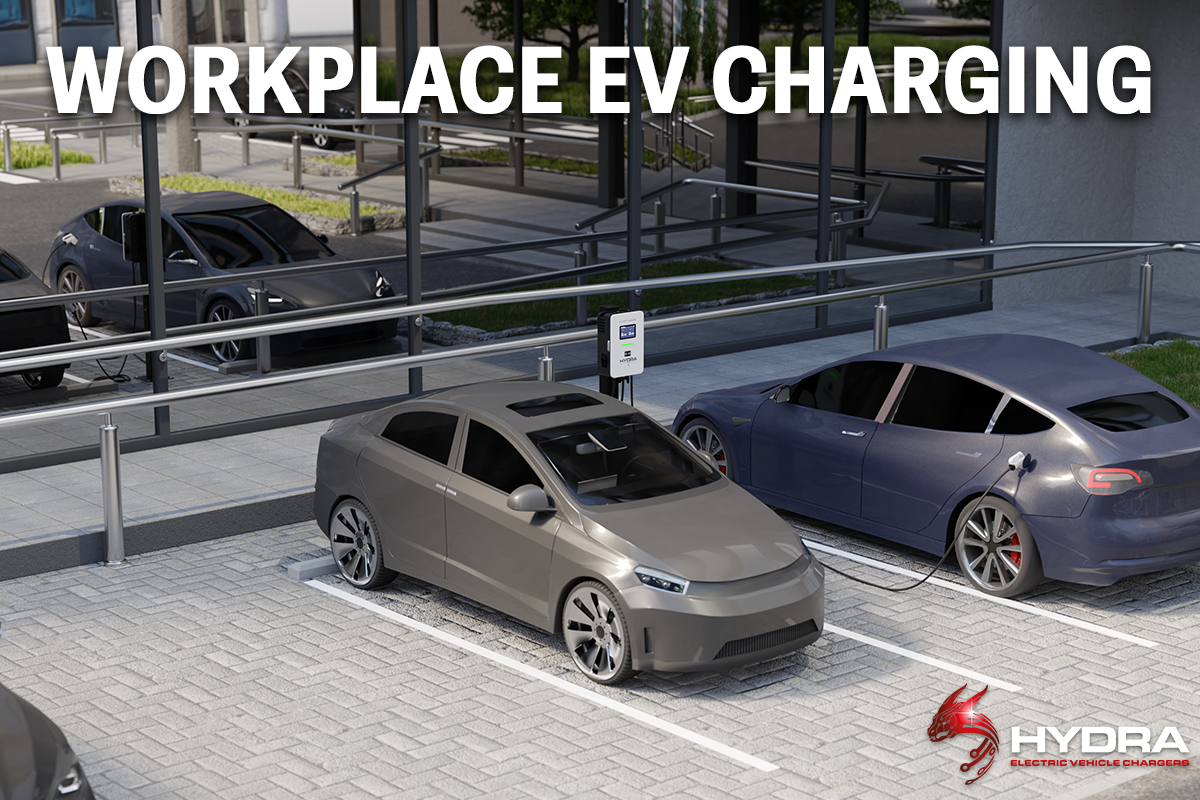When looking for a small DC EV charger for a small business, there are several important factors to consider to help you choose the right charger for your specific needs.
⚡️Charging Speed:
Determine the charging speed or power output of the DC charger. DC chargers are typically categorised by their power output, such as 30kW, 50kW, or 100kW. The higher the power output, the faster the charging speed and the possible infrastructure improvement requirement. Choose a charger that suits your needs or those of your customers.
⚡️Compatibility:
Ensure that the charger is compatible with the types of electric vehicles your customers will likely use. Different EV models may have different connector types (e.g., CCS, CHAdeMO), so ensure the charger supports the appropriate connectors.
⚡️Number of Ports:
Consider how many charging ports the DC charger has. The number of ports should align with the anticipated demand at your business location. Some chargers have multiple ports to serve several vehicles simultaneously. The wall-mounted Hydra Dion is available as a single output 30kW DC charger or dual output 20kW DC charger.
⚡️Scalability:
Think about whether you need to expand your charging infrastructure in the future. Choose a charger that allows for scalability to add more chargepoints if your business grows.
⚡️Network Connectivity:
Look for a unit that offers network connectivity and can monitor and manage the charger remotely. This could include features like payment processing, software updates, and real-time monitoring of charging sessions.
⚡️Payment Options:
Consider whether the charger supports various payment options, such as credit card payments, mobile apps, or RFID cards. Providing convenient payment methods can attract more customers.
⚡️Accessibility and Location:
Determine the optimal location for the charger on your property, ensuring it’s easily accessible to EV drivers and complies with local regulations and safety standards.
⚡️Installation and Maintenance:
Consider the installation requirements and costs. Some chargers may require significant electrical upgrades, while others can be installed more easily—also, factor in ongoing maintenance and support costs.
⚡️Warranty and Support:
Check the warranty offered by the charger manufacturer and the availability of customer support. A good warranty can provide peace of mind in case of technical issues.
⚡️Regulatory Compliance:
Ensure the charger complies with local regulations and standards, including safety certifications and accessibility requirements.
⚡️Energy Management:
To control energy usage and costs, look for chargers that offer energy management features, such as load balancing and demand response capabilities. All Hydra EVC chargepoints are networkable with built in load management.
⚡️Environmental Considerations:
Assess the environmental impact of the charger, including its energy efficiency and any options for renewable energy integration.
⚡️Cost of Electricity:
Consider the cost of electricity in your area, as it will affect both your operational costs and the pricing structure you offer to customers.
⚡️User Experience:
Evaluate the user interface and overall user experience of the charger. A user-friendly interface can enhance customer satisfaction.
⚡️Charging Infrastructure Grants and Incentives:
Investigate whether there are any government grants or incentives available to offset the cost of installing EV charging infrastructure for small businesses.
Before making a final decision, it’s a good idea to consult with EV charging infrastructure experts or consult local utility companies for guidance on the best charger for your specific location and business needs.
